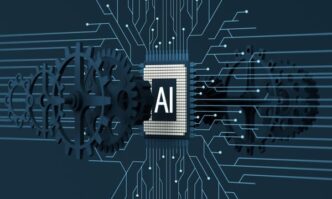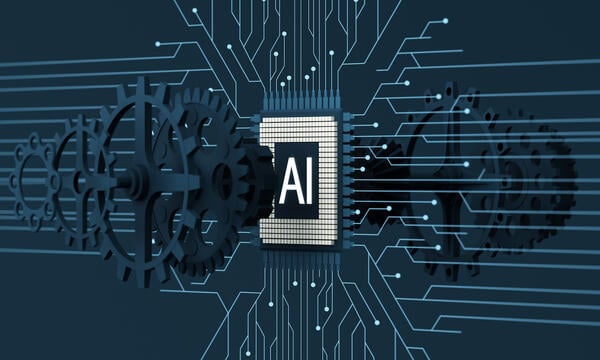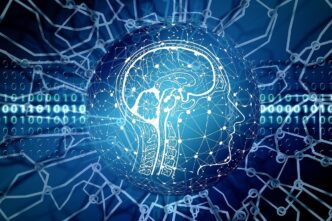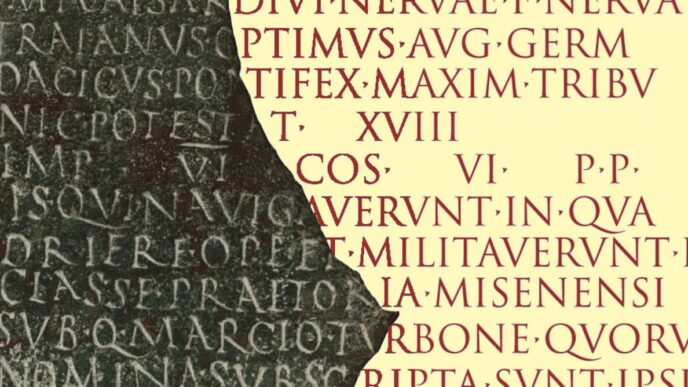Graduate students urged to get serious about AI or risk falling behind. Dinuka Gunaratne, a higher ed pro with ties to several Canadian and US institutions, shares a no-nonsense AI toolkit and strategy in a recent guide.
Gunaratne points out the frantic pace of AI tech flooding inboxes and warns that ignoring AI isn’t an option. Students must become sharp users and critics to steer AI’s impact in research and society.
The toolkit includes alternatives to ChatGPT like Claude, Gemini, and DeepSeek—each chosen for unique strengths beyond just chat. AI tools here aren’t mere writing helpers but thinking partners.
Other tools Gunaratne recommends:
- Goblin Tools to help break down complex tasks and manage executive function, crucial for busy grad students.
- Elicit and Consensus for digging into research, spotting gaps, and synthesizing info.
- Perplexity for real-time fact-checked research spanning the web and academic papers.
- Visual presentation aids like Beautiful.ai, Gamma, and Napkin to turn rough ideas into polished slides and diagrams.
Gunaratne stresses critical AI literacy, urging students to question assumptions, biases, and verify AI outputs themselves.
His strategic AI advice:
- Define your goal before picking a tool.
- Focus on 1-2 tools at a time.
- Use AI for thinking support, not replacement.
- Share your findings and learn from peers.
“If graduate students, future professors, researchers, policymakers and industry leaders retreat from AI engagement, we leave these powerful tools to be shaped entirely by technologists and venture capitalists.”
The directive is clear: AI is rewriting every field fast. Graduate students hold key expertise to guide its future. The choice: lead the change or get left behind.
Gunaratne’s full thoughts and toolkit details are a solid resource for anyone feeling swamped by AI’s rapid advance.
For more: ChatGPT, Claude, Gemini, DeepSeek, Goblin Tools, Elicit, Consensus, Perplexity, Beautiful.ai, Gamma, Napkin.
Pivot 5 newsletter also gets a shoutout for no-nonsense AI news.
Dinuka Gunaratne’s call is urgent: The AI future isn’t just about tools—it’s about those who decide to engage critically and ethically.














